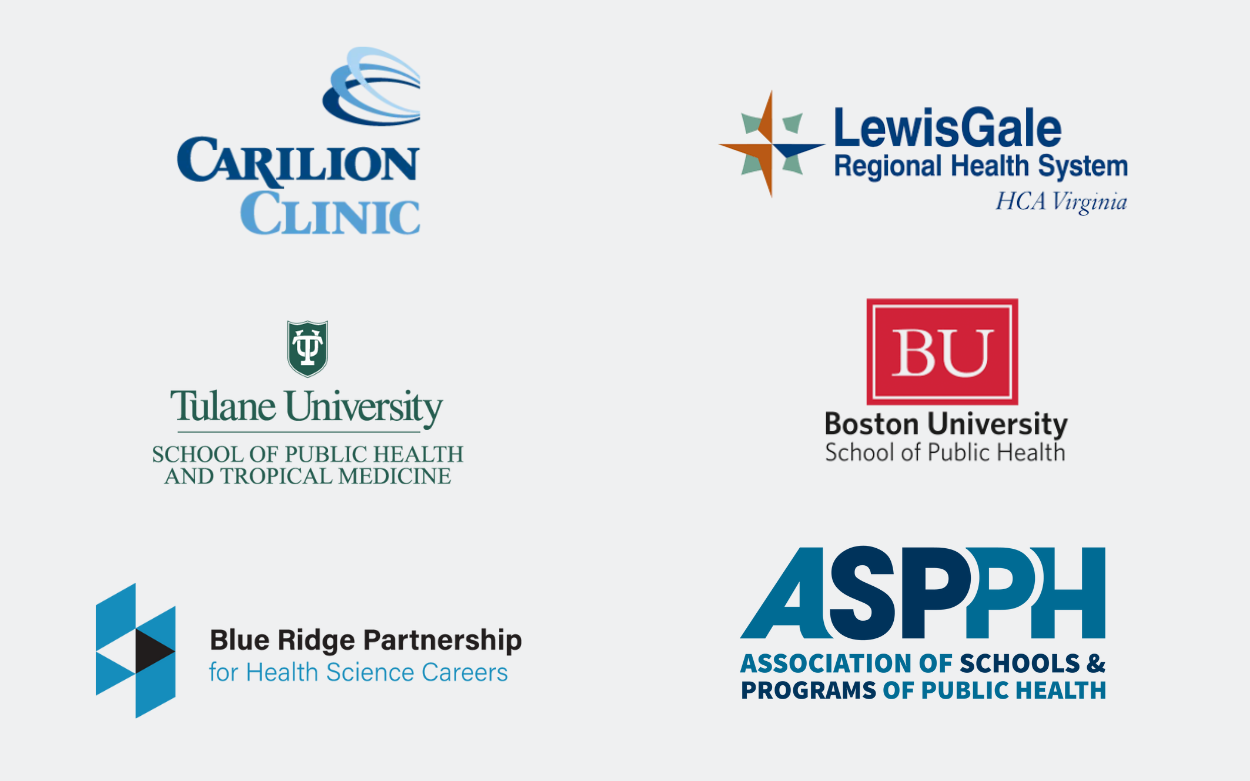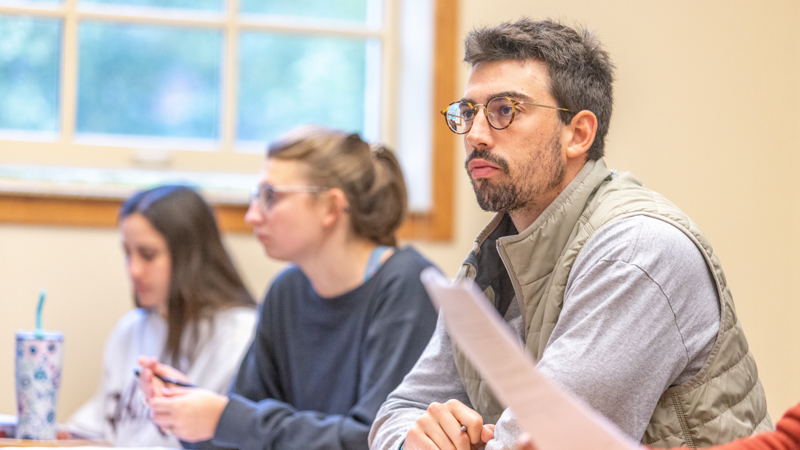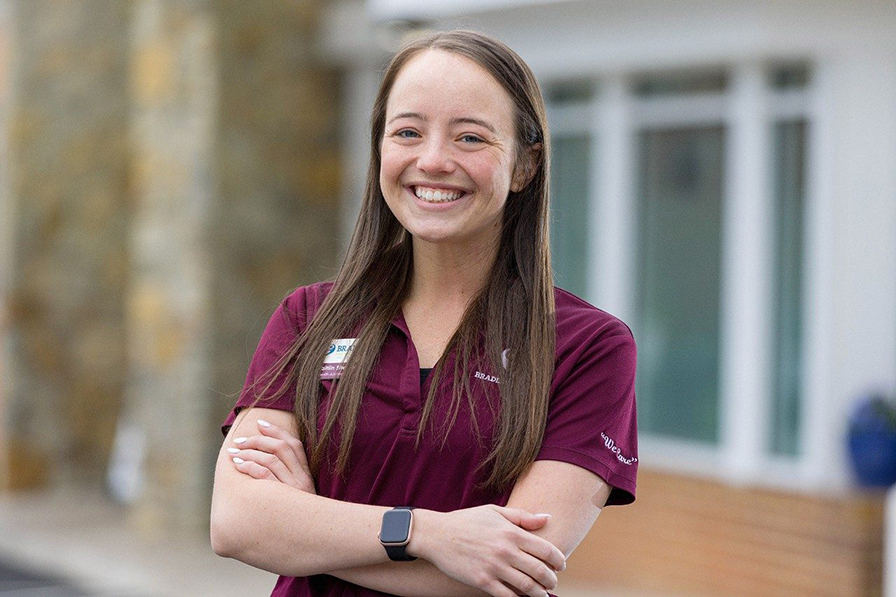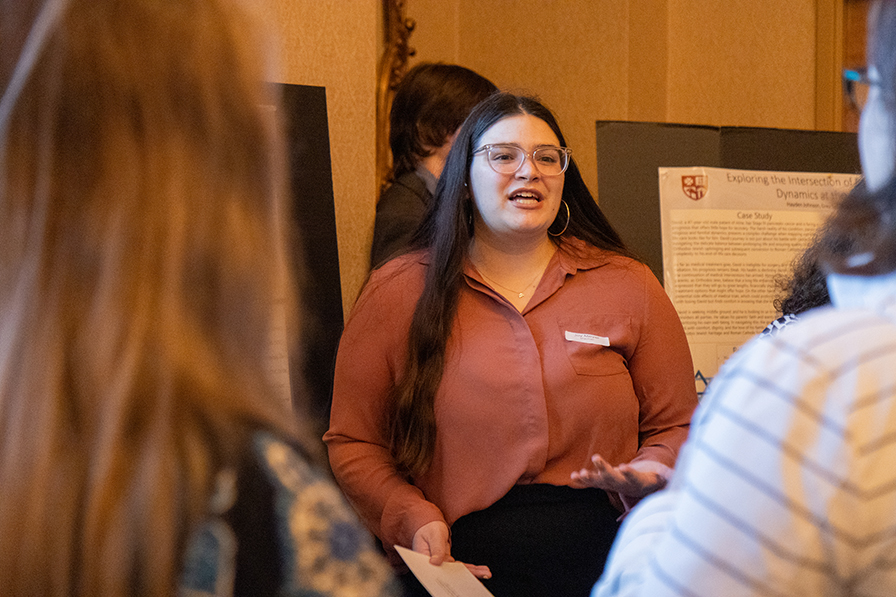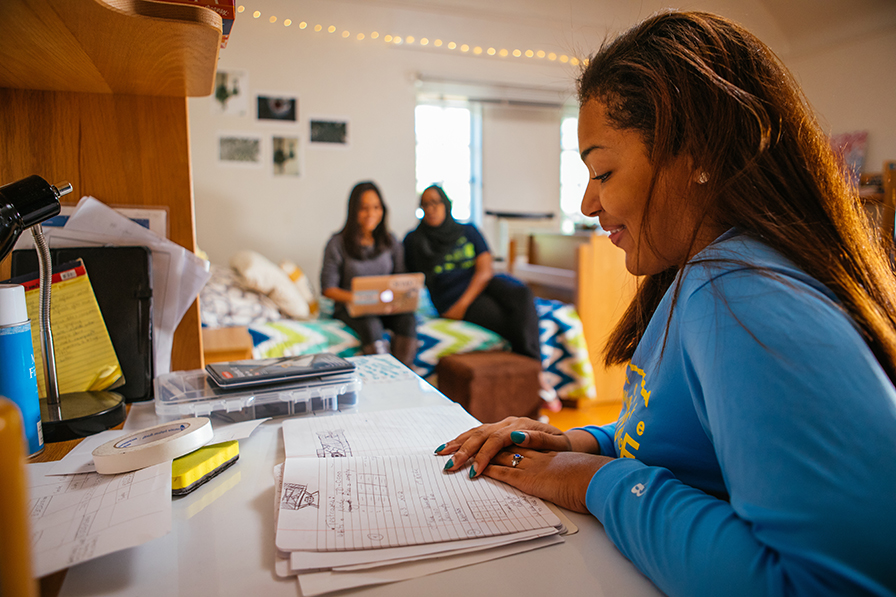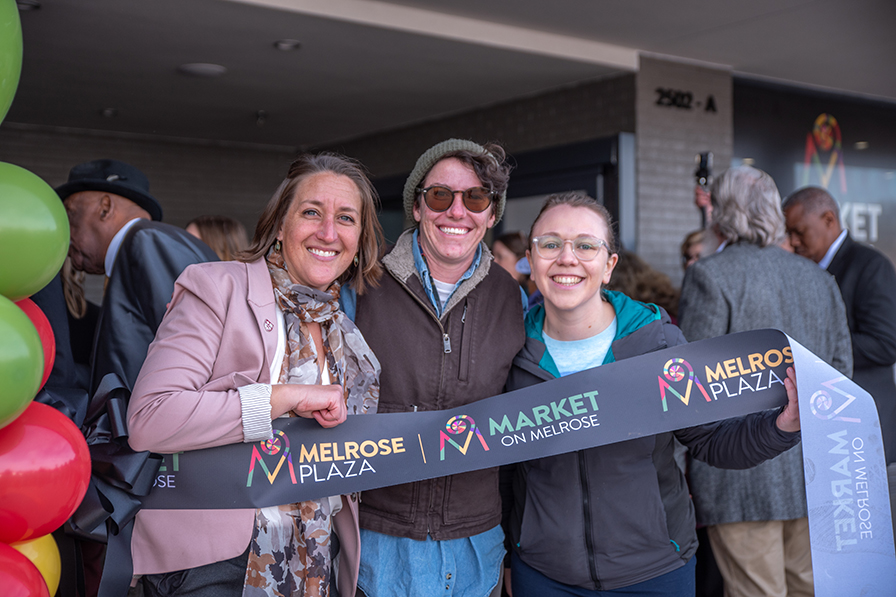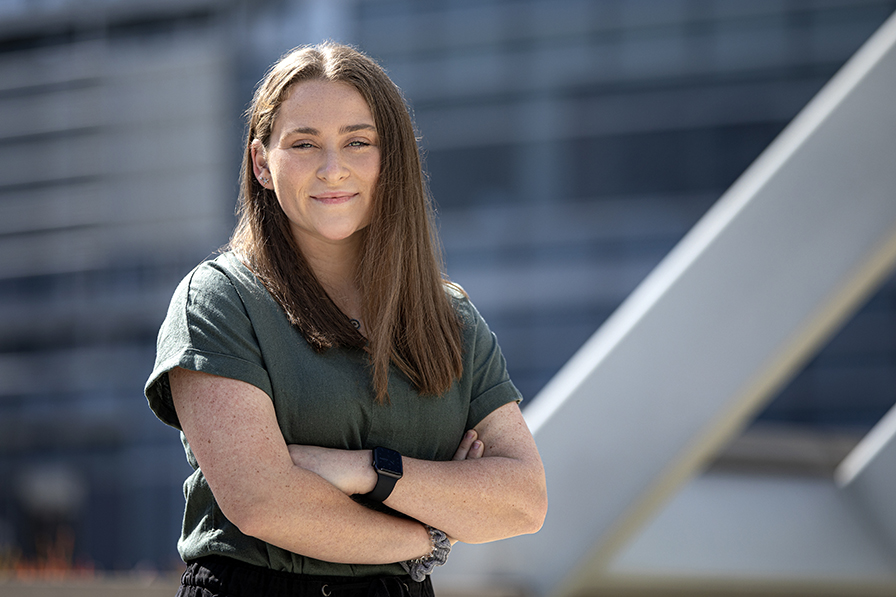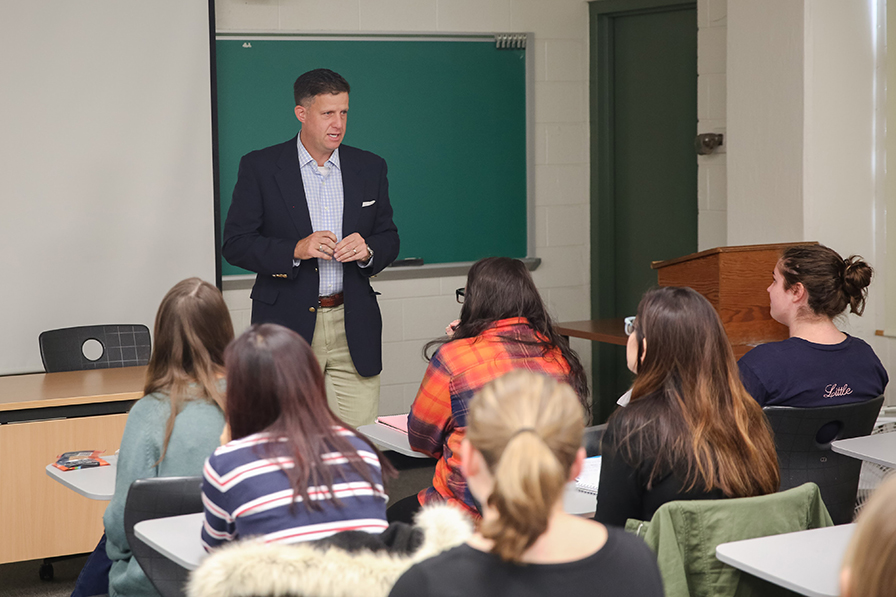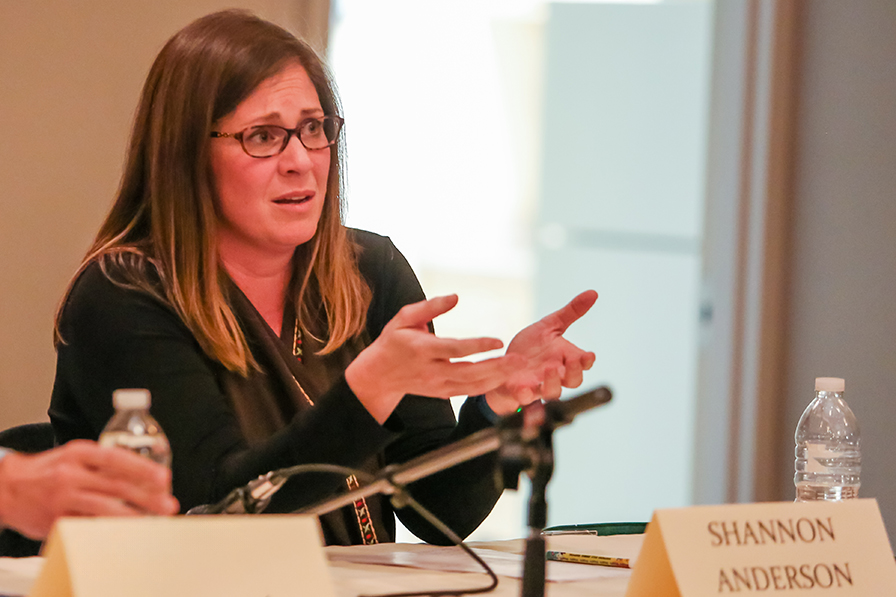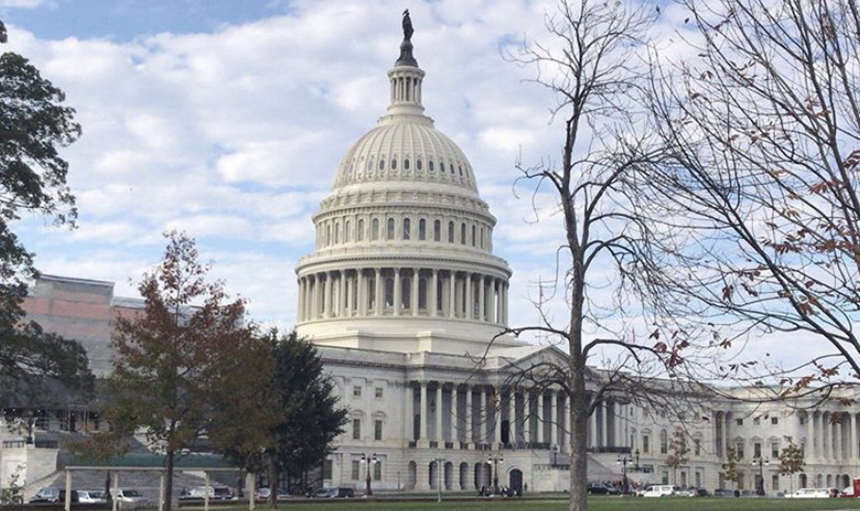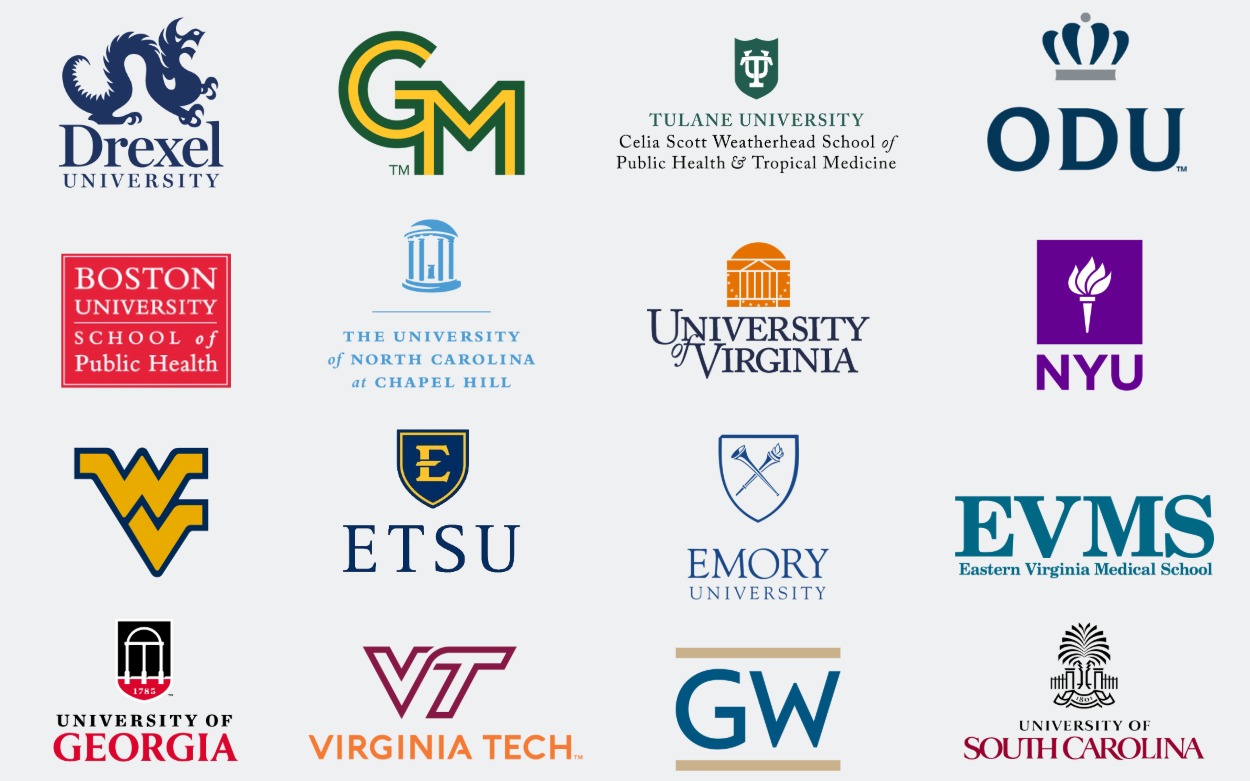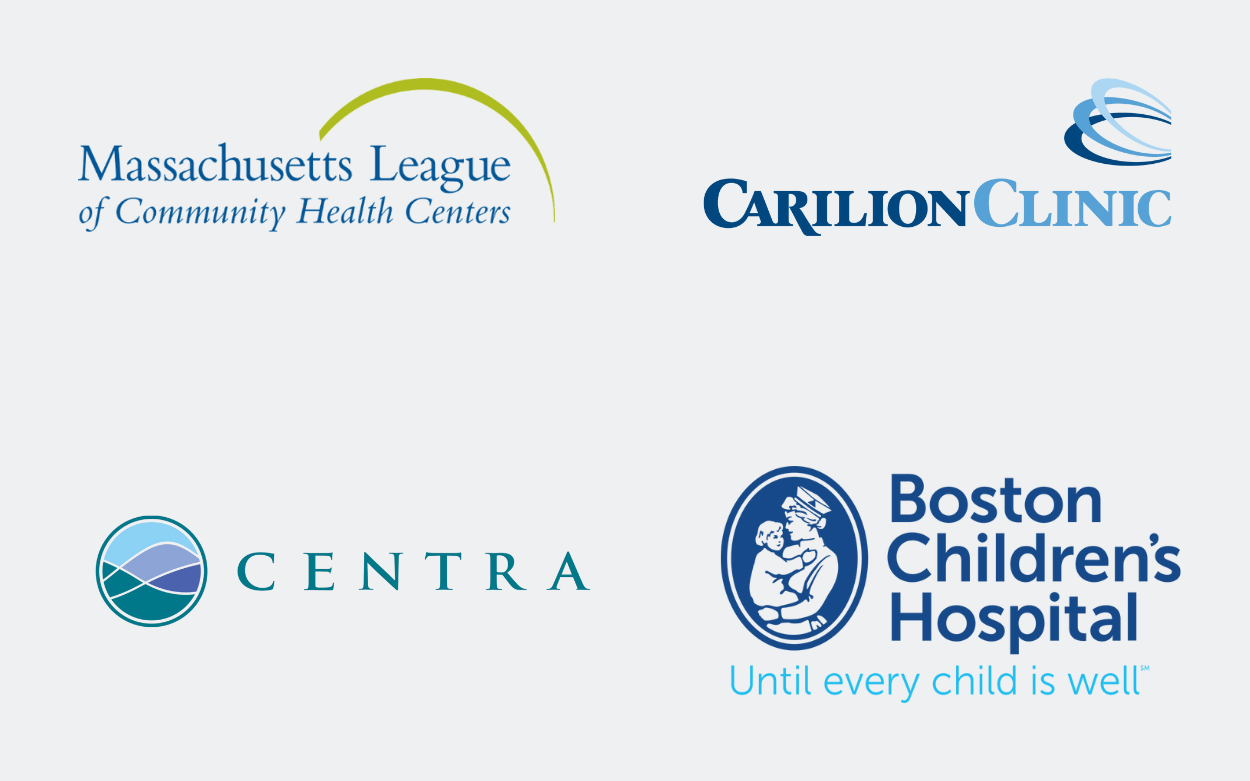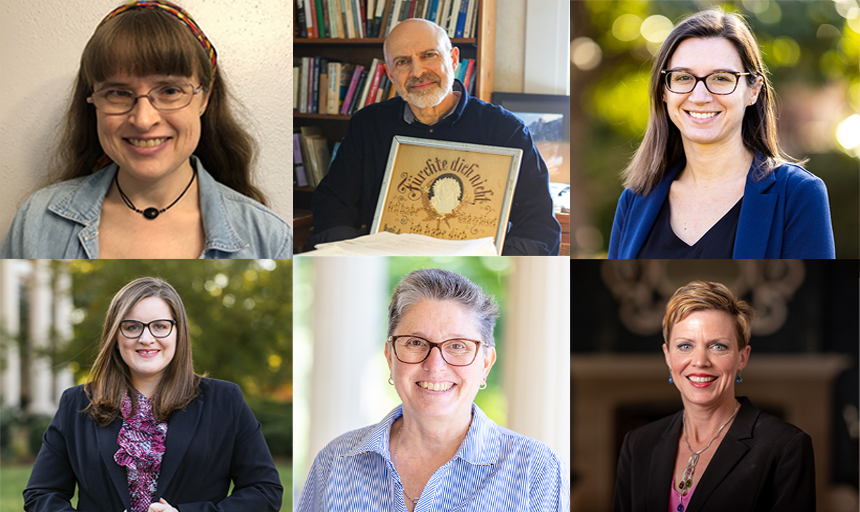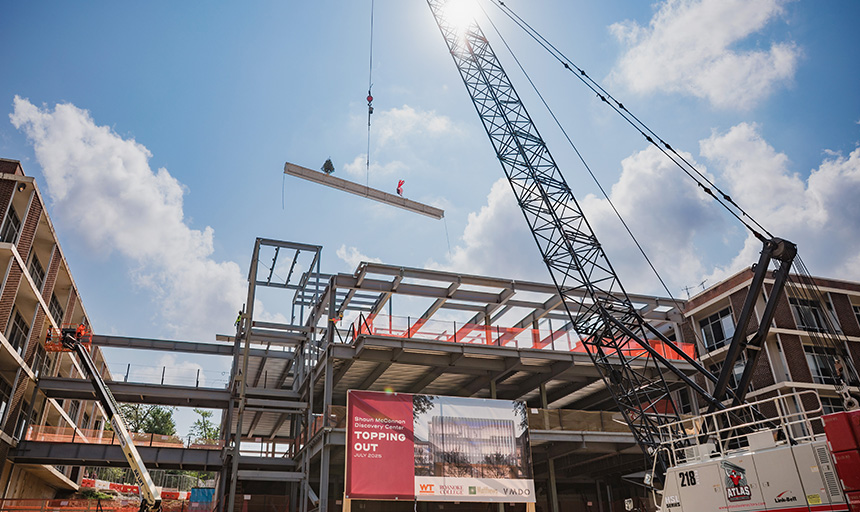Public Health Studies
Available as a major or minor
Public Health Studies reveals how health is related to all aspects of human life and how societies serve the health care needs of people. The course of study will help you find a niche in the health field that matches your own personal passions and will give you an advantage over those who've pursued a purely technical approach to health education.
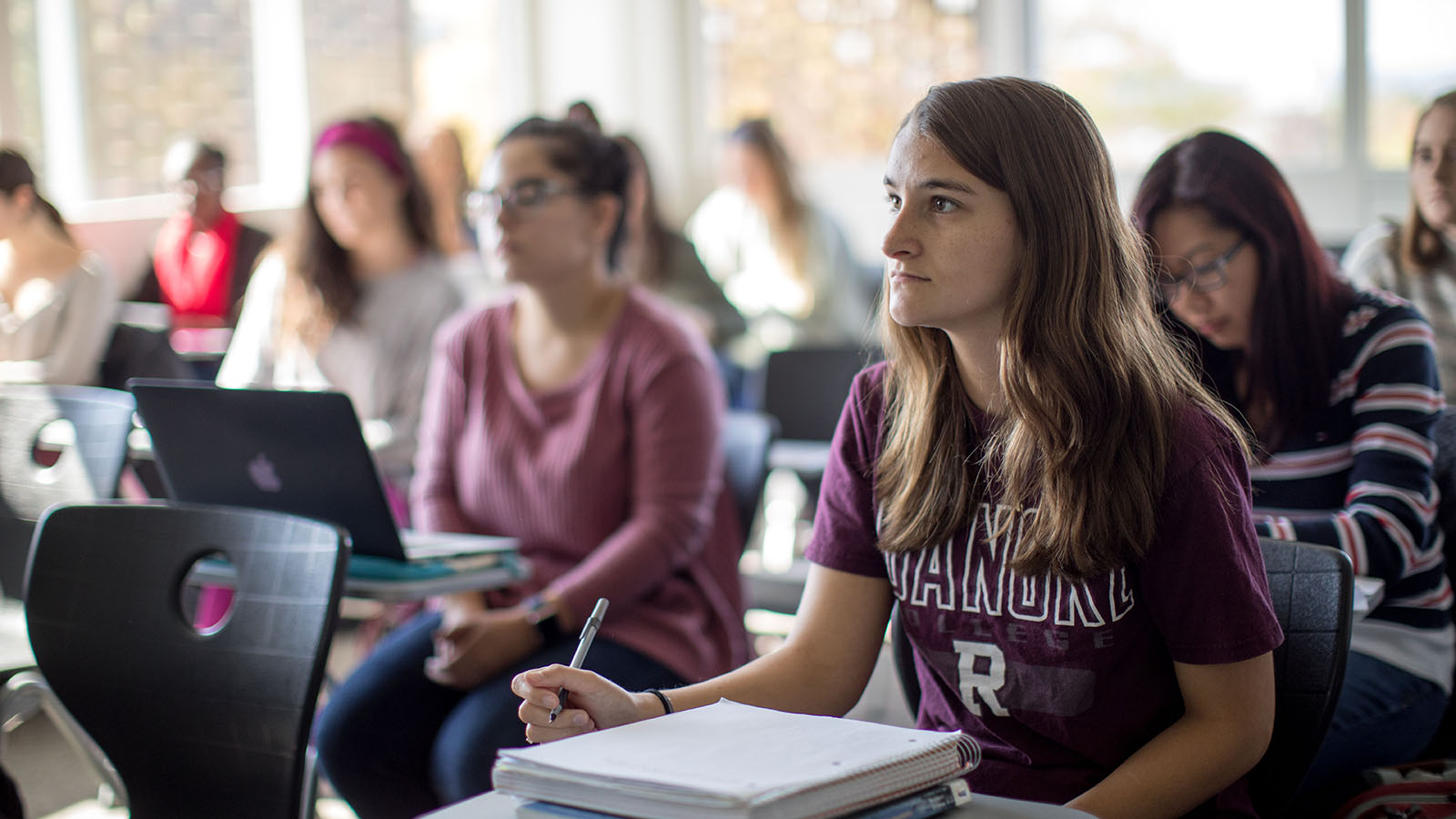
Curriculum & Courses
Learn By Doing
Student Experiences
Grad School Opportunities
Careers & Outcomes
Faculty
News
"With the rapid growth of specialties and the need for trained experts across the health sector, we want to provide an avenue for more students to find a place for their expertise and passions within the global health system."
Dr. Shannon Anderson, Associate Professor
We are fortunate to partner with great organizations, schools and employers.
